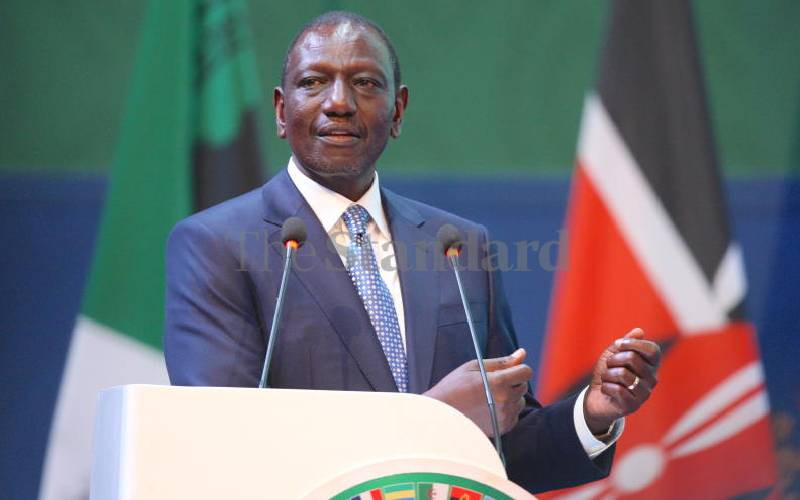×
The Standard e-Paper
Join Thousands Daily

President William Ruto's administration is facing a labour crisis occasioned by the retirement of an estimated 50,000 workers at a time when the government cannot replace them or pay out their pensions
Government statistics indicate there will be 46,838 job opportunities on either permanent or contractual terms in government departments, which will be occasioned by the civil servants expected to retire between this year and 2029.